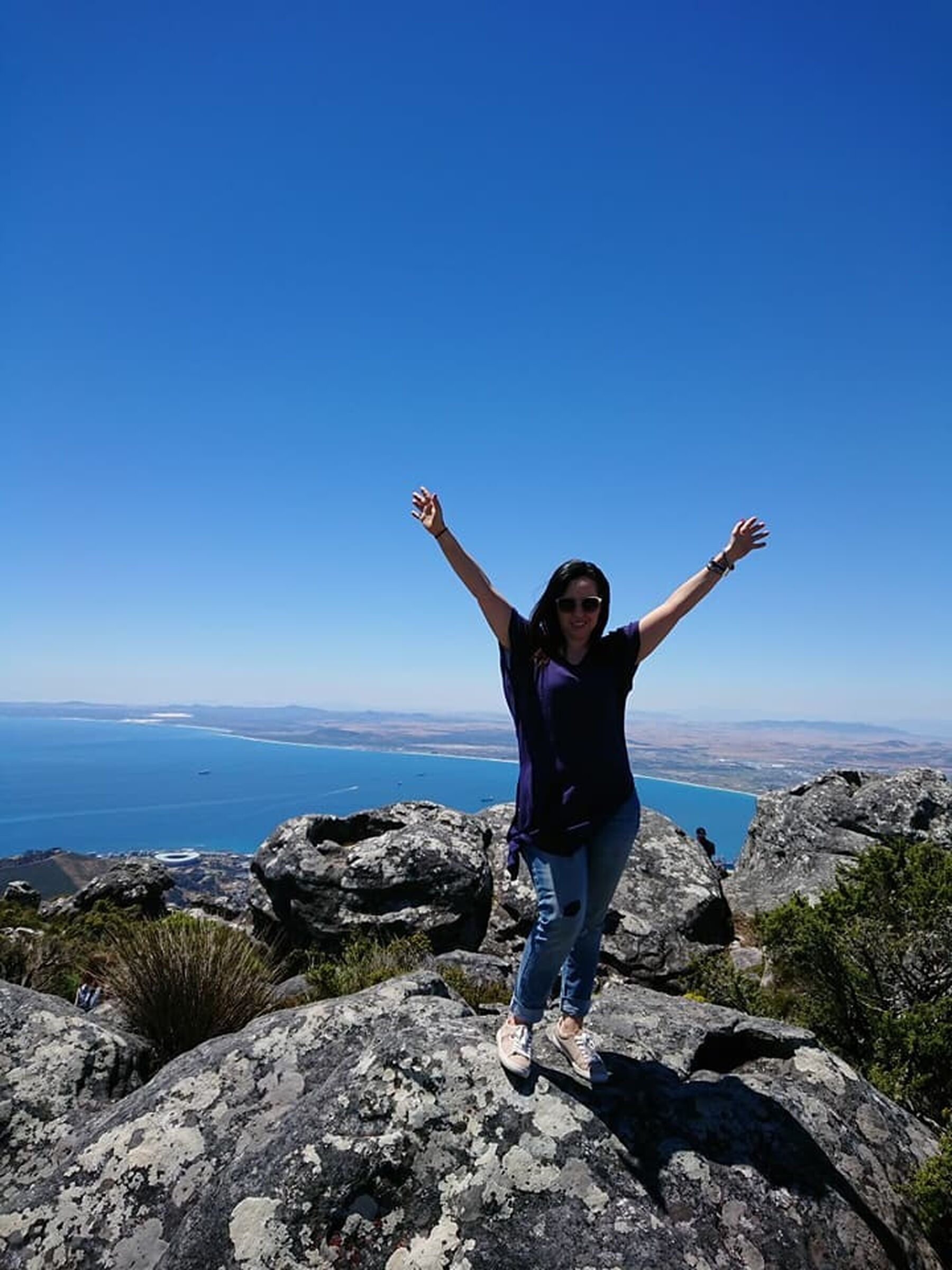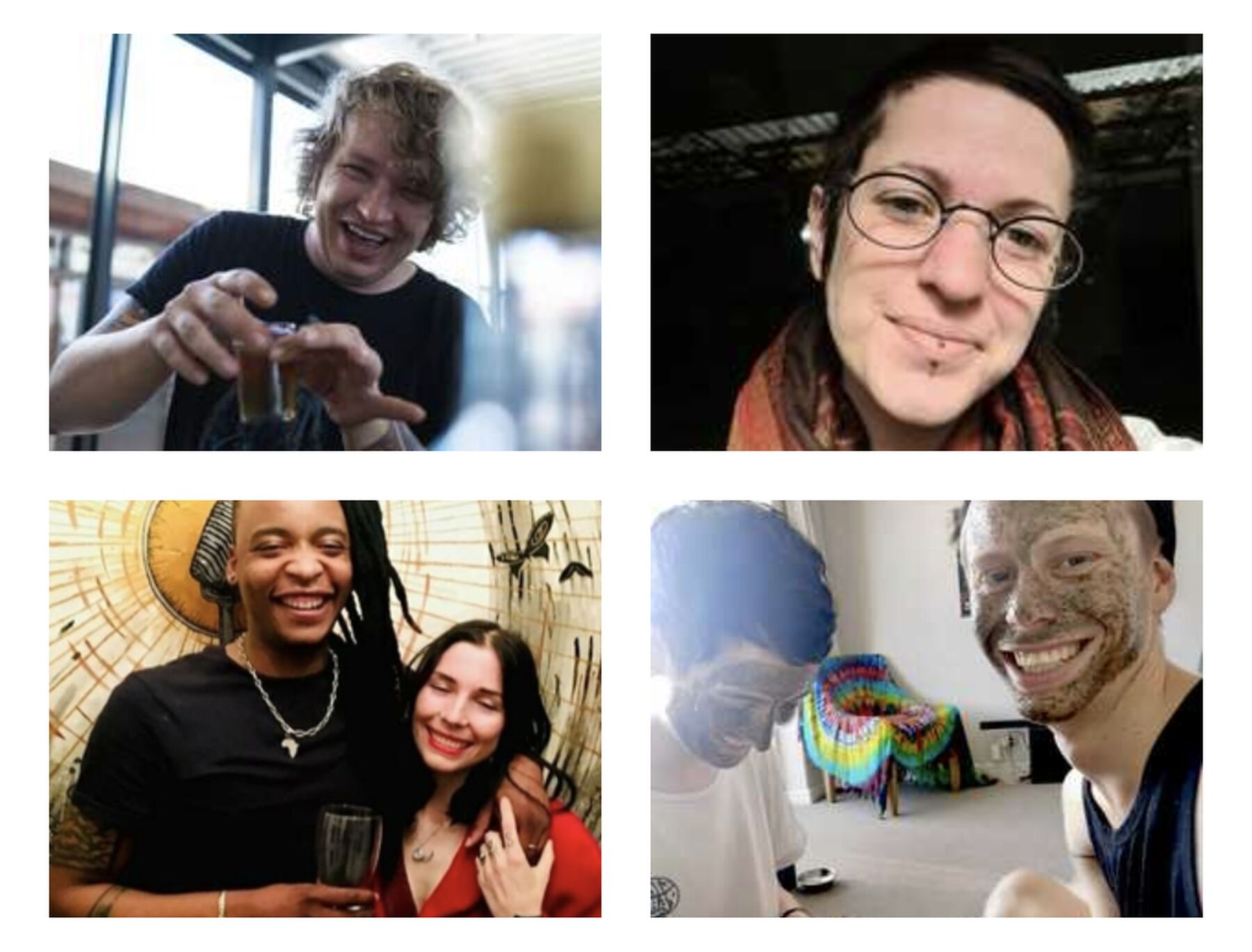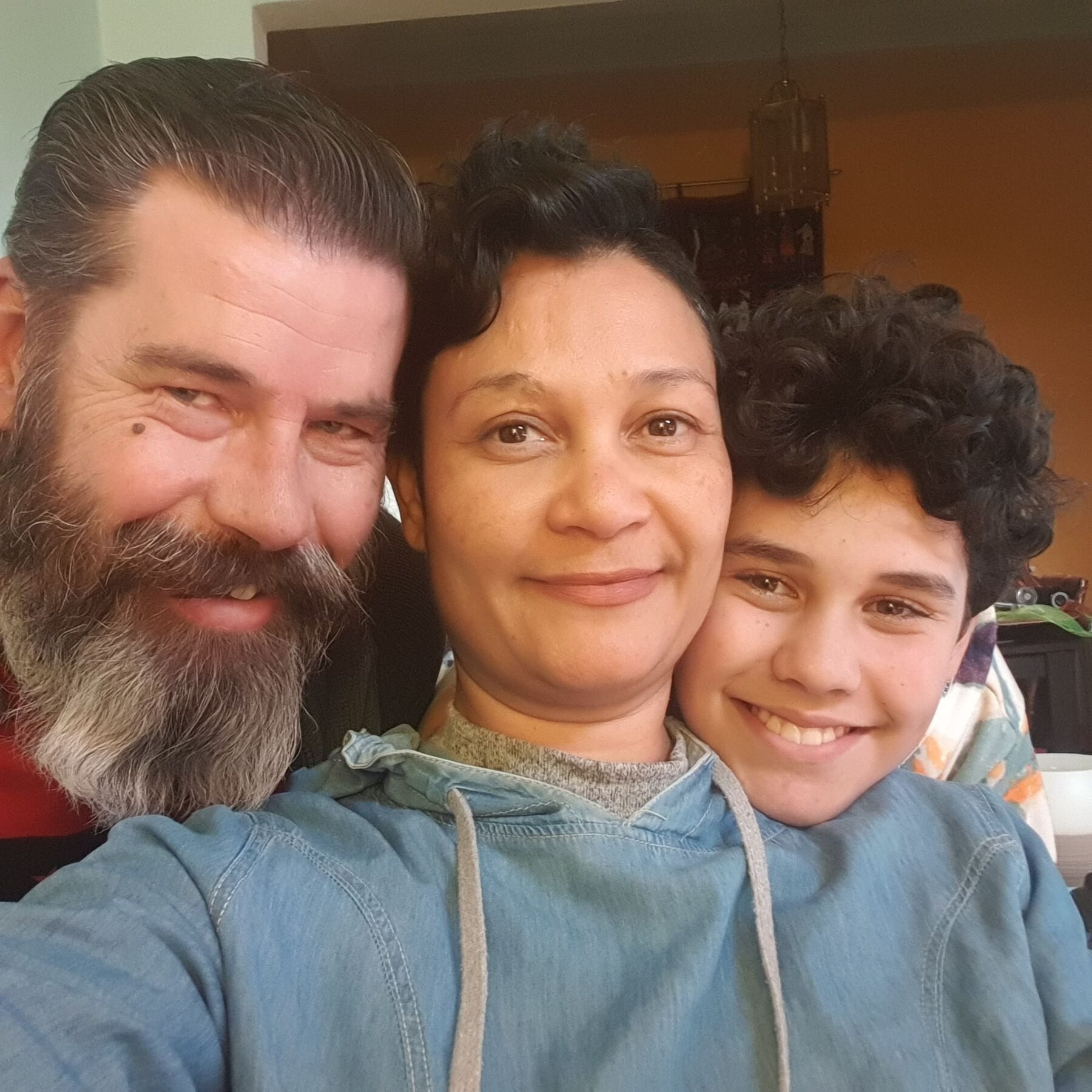Freedom Day is an incredibly important day in South Africa’s history. It not only commemorates the first democratic elections that took place on 27 April 1994, but also gives us an opportunity to reflect on the meaning of freedom.
As a 28-year-old, I was a mere two years old when the first democratic elections took place in 1994 so this day was brought to life for me by my history books and classes. My mom has often shared her personal experiences, as well of this significant time in South Africa’s history with us – stories of voting for the end of the apartheid regime in 1992, while many pro-apartheid groups tried to persuade you to do otherwise. Every story I have been told about this time stirs me to my core and solidifies how incredibly important it is for us to never stop having conversations about our history and the significance of freedom.
Twenty-seven years later, this day offers us an opportunity to reflect and consider what freedom means to us. To me, freedom means that I can truly be myself and express myself without any judgements. Our life experiences, culture and history influences our perspective of freedom, therefore, it is so important to have conversations around freedom on this day to better understand each other’s perspectives. I believe that freedom is formed in a sense by others showing understanding and appreciation for the lens with which you see the world.
I asked a few of my fellow Flowstars to join the conversation by sharing the meaning of freedom to them.

“Freedom means so much to me: not to be constrained or restricted in any way, to be who I want to be, to be with whom I want to be with, free to love who I want to love! Free to have my own opinion and to be independent. Free to travel the world and experience what I want!” –Maria Lavagna, executive assistant
“My definition of freedom is being able to go for a walk, jog or simply pushing a stroller down the street or at a park alone with my baby without fear of something happening to us.” – Welile Phakathi, business developer
“Freedom to me means acceptance. I gained my freedom the day I decided to be me: accepting and loving myself at my best and my worst; loving me when life is on a high or low. I thank my dad for raising me – not a black Xhosa girl. I realised that I was always free – never a conformist but living ME whether people like ME or not.” – Chuma Siswana, PR account director
“Freedom Day is one of the most important public holidays for me. I vividly remember the sense of profound relief and sheer exhilaration I felt at the time of South Africa’s first democratic election in 1994, and the incredible excitement of covering that momentous event as a young newspaper reporter in Cape Town.
On a different and personal level, freedom also means having the means and the time to travel and explore new (and familiar) places with my family or to spend quality time in nature; or the blissful and rare realisation that a weekend lies ahead with absolutely no responsibilities or social obligations!”– Libby Peacock, senior writer and subeditor

“Myself and a fair amount of my friends suffer from psychological or neurological problems. A few of us have had panic attacks, for multiple reasons. Feelings of being trapped, incompetent, or whatever other negative thoughts about ourselves, or others, are developed, making it very difficult to see otherwise. So for me, freedom includes seeing my friends happy, healthy and experiencing positive things together.” – Hannah Nefdt, web developer
“Freedom to me means being able to live the life I want to live. It means having the freedom to express myself in whichever way I want to – from how I dress to my mannerisms. Freedom means being able to access spaces and feeling like you belong in those spaces. Unfortunately, as a queer person in South Africa, this is not the case for us. This month alone, four queer people have been brutally murdered across South Africa in hate crimes and the silence from our government is deafening. So are we really free? No, not if you a queer person in South Africa.” –Pakamani Nombila, content producer

“For me, Freedom Day represents the liberation of every one of us. And nothing says it clearer to me than that I can be with Tania, my soulmate, and that we’ve been blessed with our daughter, Lily. It’s not that long ago that the love we have would’ve been illegal.” – Willem Steenkamp, senior writer and editor
“The meaning of freedom is profound and very personal to me. I have a long line of ancestors who did not have the same privileges that I have.
“With that said, freedom to me is being able to make authentic decisions for my life without the fear that there will be condemnation or judgement for my personal choices. It also means taking responsibility for every decision I make and when (especially when) these choices affect others, I need to be accountable.
“In a perfect world, freedom would be walking down the street at 1am in my favourite outfit, coming from my favourite restaurant with my girls and not being afraid that we’d be violated. It would mean going to any country in the world without labels attached to me and the need to prove my worth. Freedom would include equal remuneration with the other gender and receiving great opportunities for my work.
“Freedom in a nutshell is dignity, it’s my birthright, and it’s the recognition of my humanity.” – Luvo Spambo, project manager
